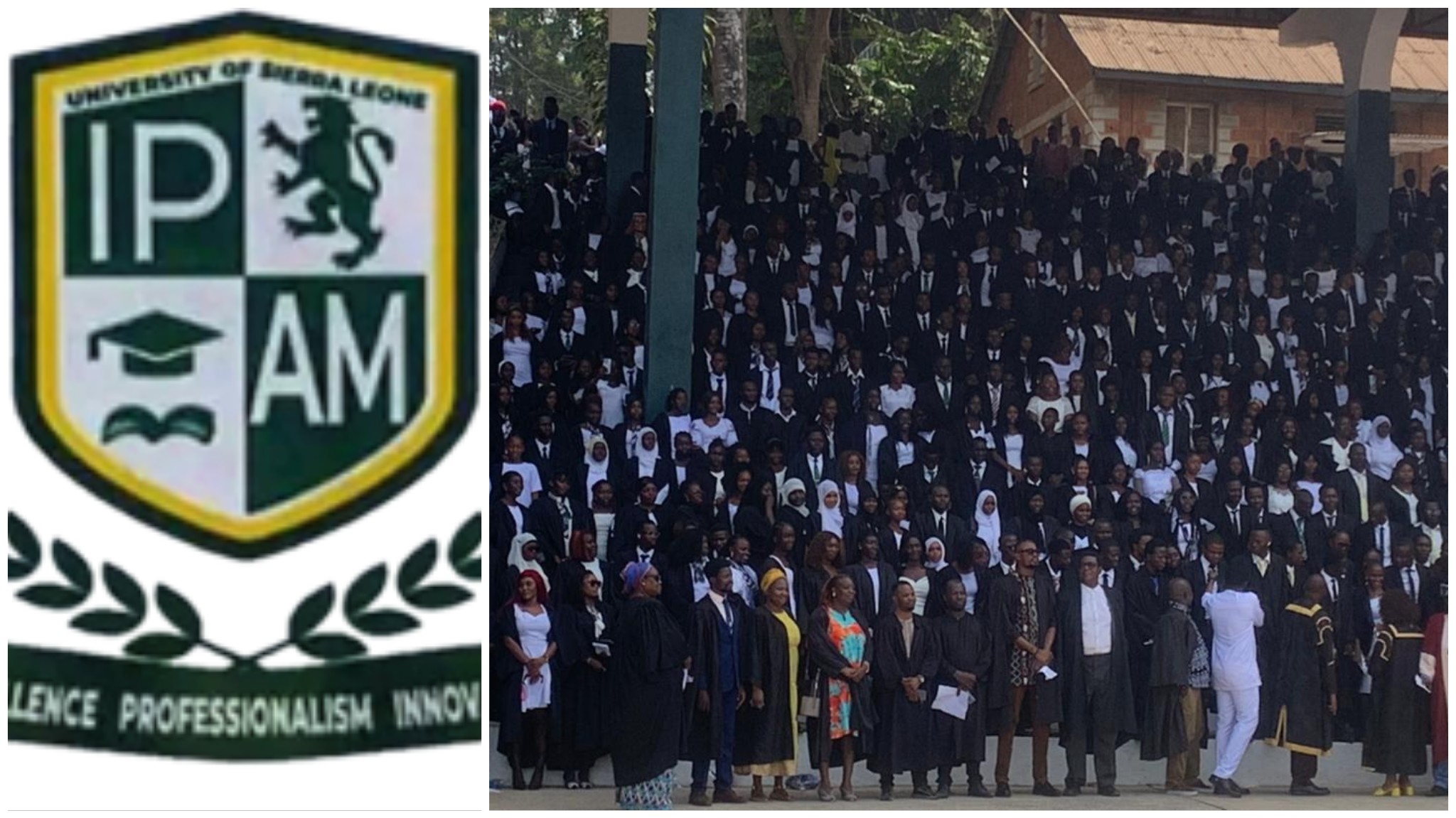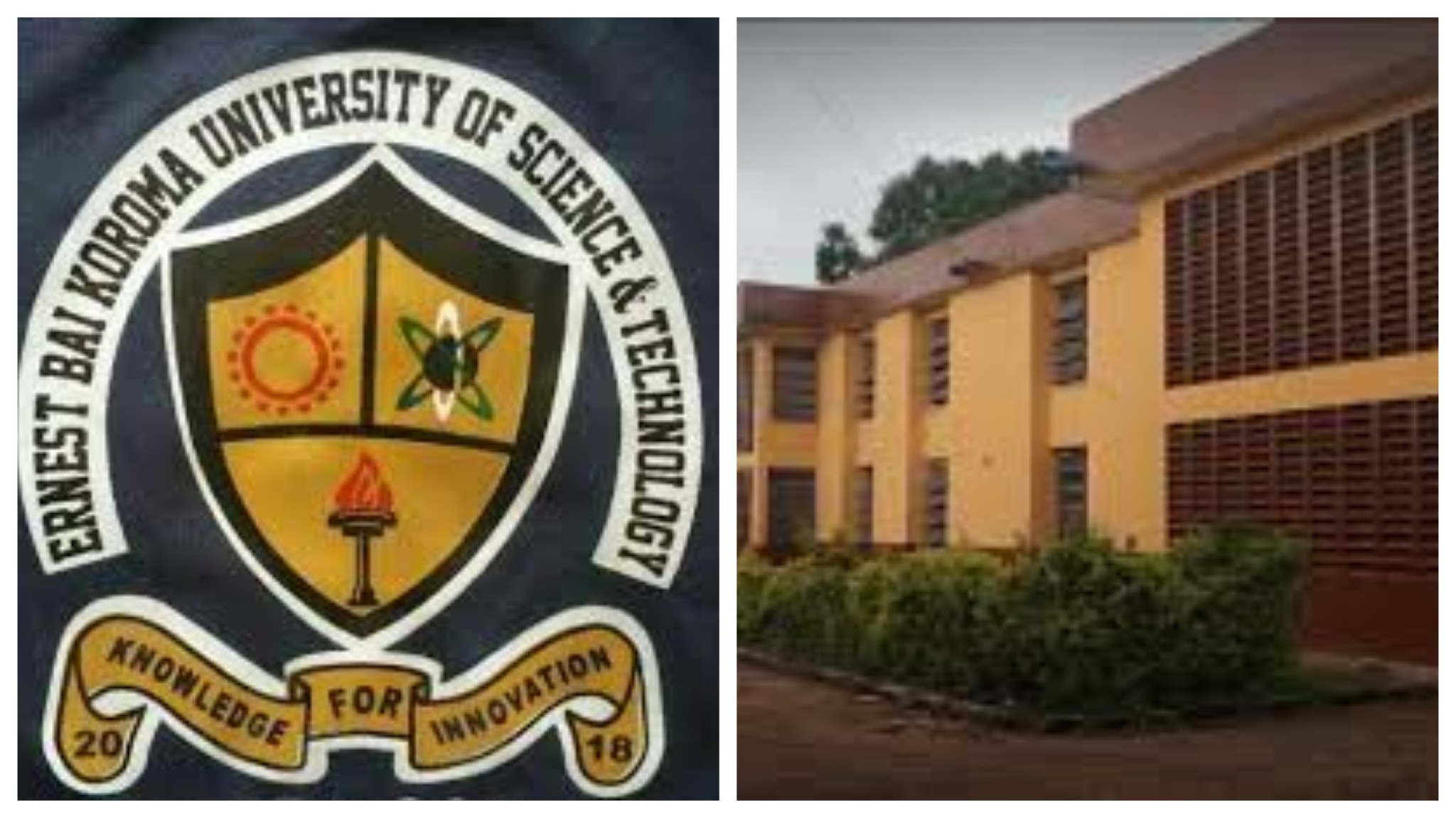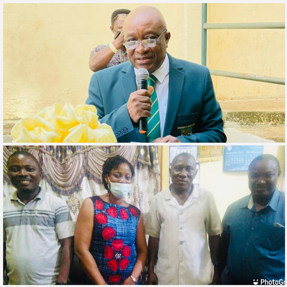
By Hawanatu Konneh
The Institute of Public Administration and Management have started eight days provincial sensitization on the rolling out of a number of Short Courses in the provinces by the institution. This development follows a recent employers’ surveys by the World Bank revealed that there is a significant mismatch between the supply of skilled human resources and the demand for skilled human resources in the Sierra Leone labour market.
According to the survey, significant number of unemployed people are unable to find jobs, while there are vacancies that are difficult to fill. Similarly, employers also stated in the survey that the skill set of even many of the existing employees are weak. Therefore, both private and public employers are struggling to get the most suitable people in their organizations.
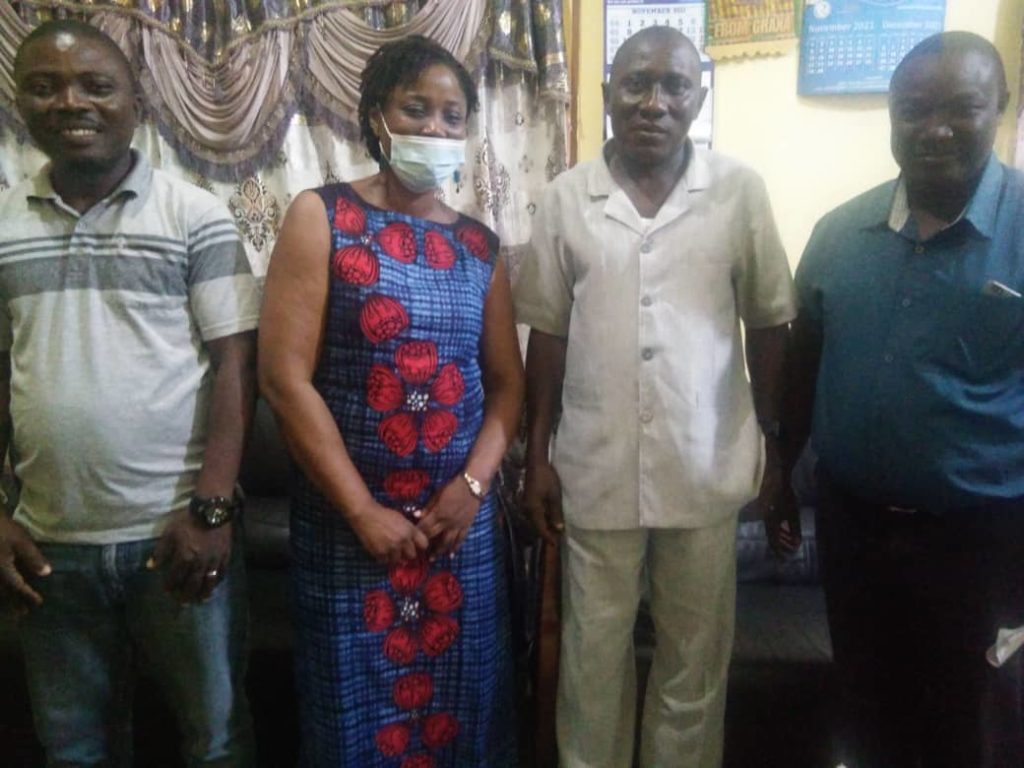
The survey notes that this is even worse in locations outside of Freetown and according to IPAM management, one of the best ways to solve this problem, as done in many other nations, is by introducing Continuous Professional Development (CPD) programmes for existing employees, and relevant skills training programmes for those unemployed or seeking jobs.
“The introduction of short courses across the nation could be a vehicle in fulfilling that ambition. The short courses will help to develop and up-skill the current set of skills of employees, and it will help in providing the basic skills needed to become a professional in any chosen career field,” said Dr. Oludolapo Akinyosoye Gbonda, Coordinator, IPAM Short Course and Consultancy Unit.
Speaking to stakeholders in Bo, Dr. Gbonda revealed that IPAM Short Course and Consultancy Unit is currently housed in Freetown and offers short courses in Freetown alone. But now these courses are to be introduced to districts outside of Freetown. “The courses will be designed and delivered to both public and private organizations and individuals.” she noted.
She furthered that the Institution will offer continuous professional development opportunities to people staying outside of Freetown and at a relatively lower cost and with ease, eliminating the logistics involved in traveling to Freetown from the provinces to attend training programmes.
IPAM, as indicated earlier, has presence in some locations outside of Freetown. These locations will be used as anchor locations to introduce the short courses. Like the Freetown approach, there might be a need for special well-furnished rooms to be created in each of these locations that will be dedicated to the short courses depending on the demand in the district or requested courses can be implemented at the client’s location, which will be the most economical approach for a start and can be very convenient for the client.
Meanwhile, the IPAM team led by Dr. Gbonda, Coordinator, IPAM Short Course and Consultancy Unit on Wednesday started an eight days sensitization tour to the provinces by engaging key stakeholders in Kenema, Kailahun, Bo and Pujehun, visiting selected institutions, and also robust programmes for the wider public to get better understanding about IPAM Short Courses to be rolled-out and their relevance.
IPAM authorities say the first set of the proposed courses are from the following areas Entrepreneurship, Project Management, General Management, Procurement Management, Hotel Management & Tourism, Accounting, Corporate Finance and Financial Markets, Taxation, Leadership, Human Resources Management, Marketing & Communications, Public Policy, Statistics, Information Systems and Information Technologies.
In a short interview with the Deputy Vice Chancellor, Professor Nonie, he stated that under his leadership he will ensure that he explores all avenues to take education to the people; the reason why the institution is rolling out short courses for those people who otherwise could not have acquired certificates and other professional qualifications. He called on all interested Sierra Leoneans to make good use of this golden opportunity.
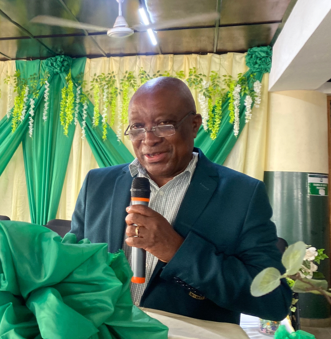
He maintained that access to quality education is key under the current leadership of the University of Sierra Leone.


